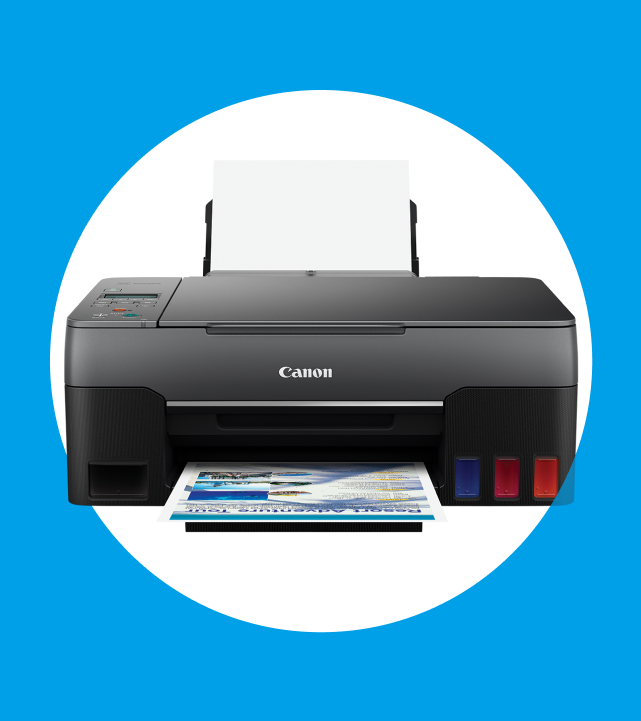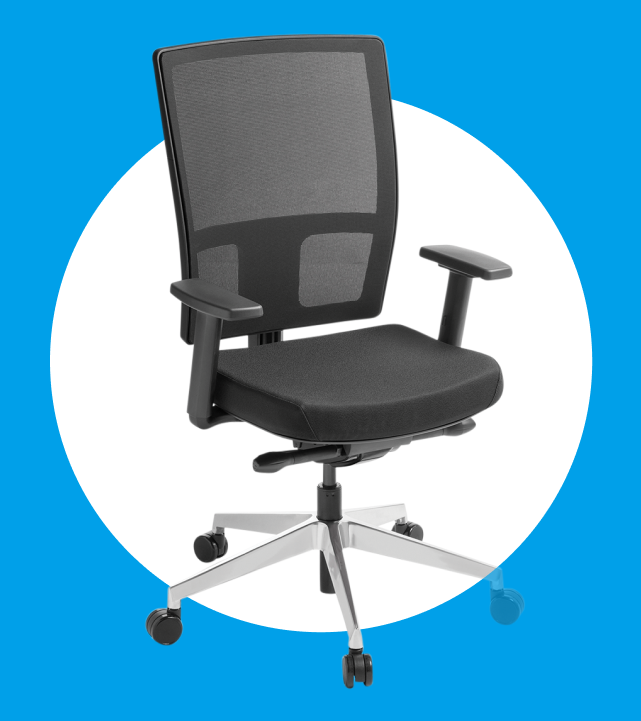WORK LIFE
Six tips for better time management
When planning the topics we would cover in The Meeting Room, we looked at what New Zealanders were searching for online, and found that ‘work-life balance’ and ‘time management’ were in hot demand. So we decided to ask a very busy man, Pejman Okhovat, CEO of Warehouse Stationery, for his advice on both topics.
What advice on time management do you have for small business owners or managers?
- Prioritise ruthlessly – This means deciding what is important for you and your organisation to get done. The urgent things tend to prioritise themselves. This will mean saying no sometimes though. But as the great time management expert, Stephen Covey, said: “The key is not to prioritise what’s on your schedule, but to schedule your priorities.”
- Remember that planning time saves time – If you can, plan for the day, the week, the month and the year. You might think it is wasting time, and you might even feel guilty for taking time out to do it, but it will save you time in the long run. It is part of your day job, whatever business you are in. And remember to refer to your plan regularly to remind you what’s important.
- Be honest with yourself – Unless you are just starting out, you probably have a good idea of what you and your business can achieve, so set realistic deadlines. Don’t put unnecessary pressure on yourself or others. If you aren’t sure what ‘realistic’ is, then make it a priority to find out. Investing in time management software might make sense for some small businesses.
- Factor in flexibility – Although planning is important, things can change. To-do lists can go out the window if there are fires to fight, for instance. But don’t lose sight of the important things you still need to do that day, week or month. Once the fires are out, re-prioritise if you have to, then plan and act accordingly.
- Share the load – If you have people that work for you, delegate appropriately and trust them to get on with their job. Micro-managing can be obstructive and demoralising to your employees or team mates, and unproductive and exhausting for you.
- Get your ducks in a row – Make sure that your workplace is tidy (or at least not a complete mess) and that your paperwork and filing is in good shape. Among other things, this means keeping hard and soft copies of contracts, and filing things in a manner that makes them easy to find – even years down the track. Not only will this help you to run your business more efficiently, but it is important if you are looking to sell up, get investment or purchase another business. Investors, buyers, accountants and lawyers like to see professionally managed files and accounts.
And remember, if you didn’t achieve everything you wanted to today, then don’t be too hard on yourself. There is always tomorrow.
What does your average day involve?
One of the things I enjoy about my role is that every day is different and challenging. One day I’ll be involved in tactical trading meetings and one-to-one catch-ups; the next I’ll be planning long-term strategy. Another day everything goes as expected, and the day after I’m dealing with a bunch of unforeseen issues that need urgent attention.
Of course, sometimes all these things happen in one day! I know the same applies to many small business owners and managers.
I start early, usually at 7am, as it allows me to get ahead of things. I grab a coffee, check and respond to emails and other correspondence, and then plan for the day.
I also like to walk around the office and say good morning to as many of my team members as possible.
I can’t do it every day, unfortunately, but it’s always worth the effort. Making space for things like this is something you can easily forget when planning your time. But these informal moments help to build trust and bonds that are crucial to effective teamwork.
From then on it is mostly meetings, with all sorts of people from inside and outside the organisation, and at all manner of locations.
I always make time to have lunch, but it’s almost always at my desk or during meetings.
My scheduled work usually finishes about 6pm, after which I complete any outstanding tasks. All going well, I head home around 6:30pm.
There is the occasional work-related event to attend, but once I’m home I switch off as much as possible to spend time with family and friends. You have to have this time outside of work, or it will simply grind you down.
You must get pulled in many directions at once. How do you prioritise things?
Even though I am the CEO, I still serve people: our customers first and foremost, but also our team, suppliers and partners. So, yes, I have many competing priorities, every day – just as a small business owner or manager does.
So I have to be ruthless when it comes to prioritising to stay focused and effective. This can mean saying no to people I would like to say yes to. Indeed, as I mentioned above, learning to manage your time well is in part about developing the ability to say no to some things, to avoid becoming overloaded.
Otherwise you can end up wasting other people’s time as well as your own.
And I never lose sight of the fact that other people’s time is as precious to them as mine is to me. This awareness makes the job of prioritising my time seem even more important.
I’ve found that a lot of time management advice is very me-focused. This makes sense, of course, but I believe it’s helpful to also think about the impact of your time management on other people – that is, those you work with or for.
So I try my best not to waste other people’s time. This means, for example, that I am a stickler for turning up to meetings on time, and making sure that they are focused and valuable in some way to all parties involved.
Overall, I spend quite a lot of time planning. As a business leader, part of your job is embodying the brand and showing others the way. This means you have to be organised personally and map as much out in advance as possible. This works for most of the things I need to do, but I maintain a level of flexibility. For instance, I allow space in my diary for meetings to go on for longer than expected.
What’s your overall approach to time management, in one sentence?
Have a plan, communicate it to your team and execute it better than anyone else.
These are the important things to keep in focus. If you do this, then you will find it easier to make decisions about priorities and avoid sweating the small stuff. It will also help you to keep yourself and others on time.
Do you use a to-do list?
I am fortunate to have a very good memory. So, although I have a to-do list, it exists in my head. I am like the restaurant waiting staff you encounter now and then who can take your order without writing anything down!
That said, I rely on a very up-to-date calendar, which helps me plan well and stay on track during the day. I have it in paper and electronic formats. And I’ve always got my phone with me.



